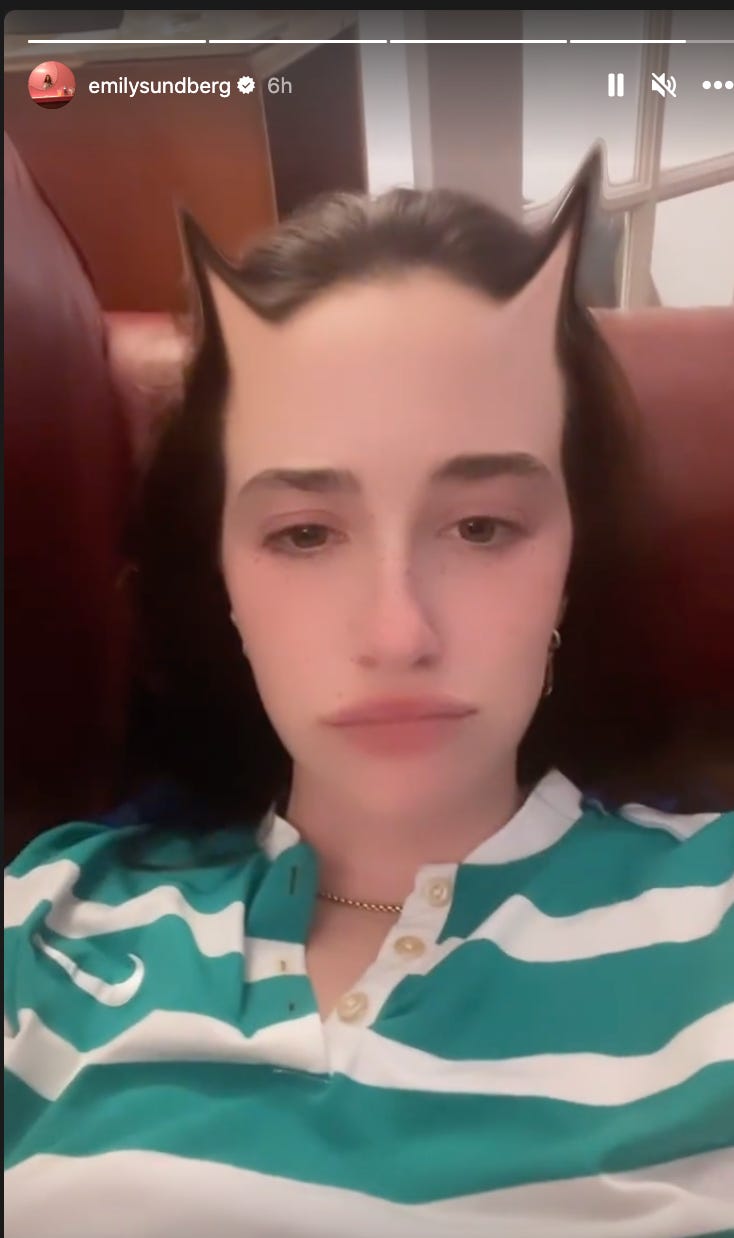Not your mother's toxic masculinity
The boys aren't ok :/
GM
What lessons are young men learning from YouTube, TikTok and influencers like Andrew Tate? I got ridiculously obsessed with Andrew Tate last year, and it messed up my algorithms bad for a while. Suddenly I had conservative young men filling up my Reels and TikTok feed, all seemingly to kneel at the altar of Tate (women should stay at home and take care of the house and have a low number of sexual partners, men should compete with other men to prove masculinity, etc). This looked a bit different from the toxic masculinity I grew up alongside, which was closer to lonely lacrosse boys who hated their dads and shotgunned beers until they blacked out and cried at 2am in someone’s parents’ Long Island backyard.
In the wake of TikTok and YouTube, an entire industry sprung up in which individuals could broadcast their lives and ideas to a global audience and make millions. Algorithms often promoted extreme and outrageous content because it kept viewers watching and commenting. The result was chaotic. Alongside the rise of extreme pornography online, the popularity of misogynistic influencers has undermined the idea that society had made any progress at all. Tate, videos of whom have been watched billions of times on TikTok, argued that women are their husbands’ property, that depression isn’t real, that men need to be rich, that rape victims bear some responsibility for being attacked. The surprise wasn’t that he exists — some people will always hold extreme views — but that he has reached a large, young audience who have lapped up his message without their parents even noticing.
“There’s this image of an extremely muscular man who knows how to fight and physically beat other men,” says Callum Hood, a researcher at the Center for Countering Digital Hate in London. It’s “extraordinary” that “ideas of what a man is have become tied to something so basic”.




